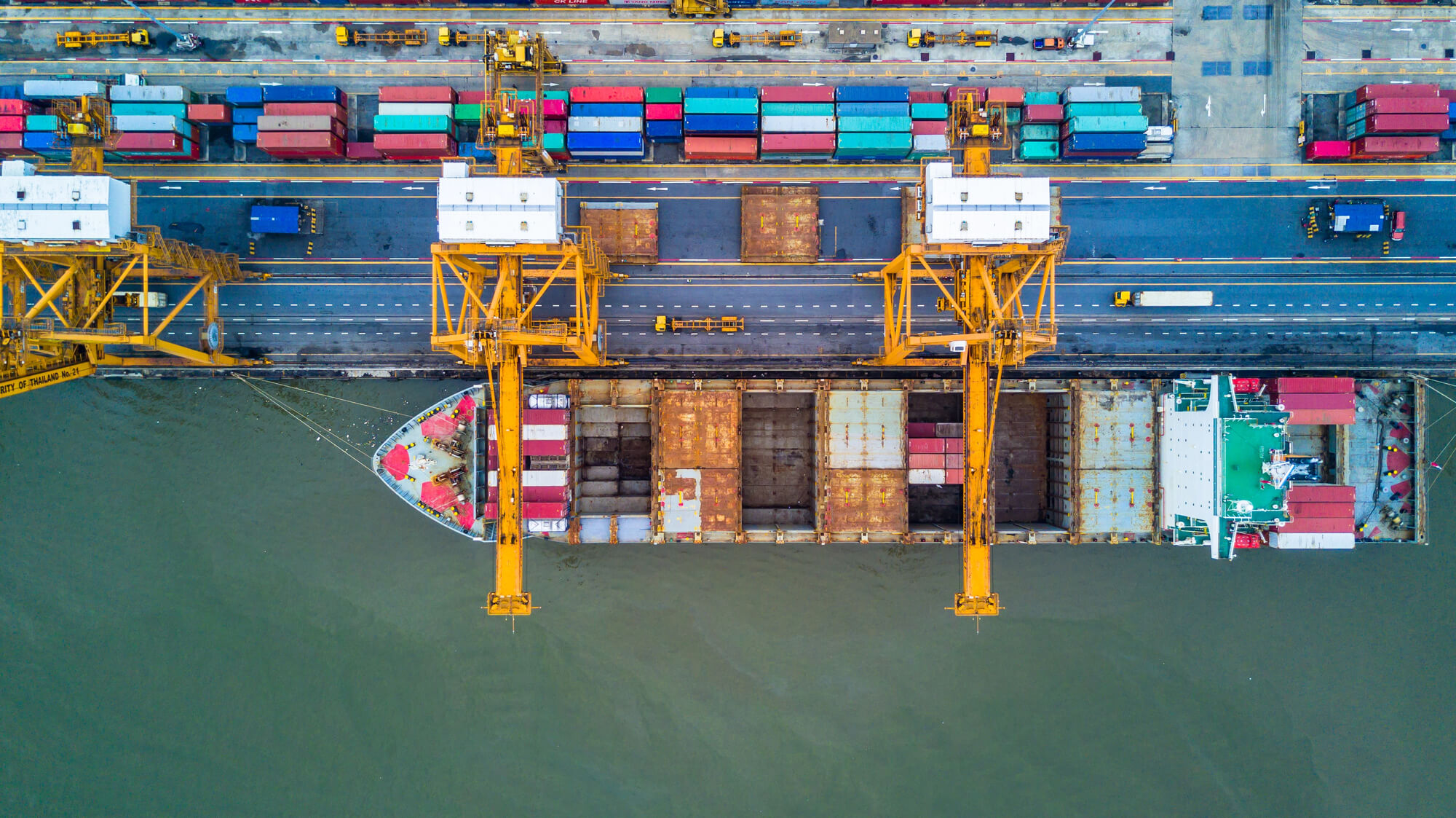Within the context of russia’s hybrid war with Ukraine, pro-russian media often report the West’s unwillingness to help Ukraine, a reduction in or cessation of aid, and “disappointment” with reforms or Ukraine as a country. The West is reportedly weary of helping and seeing no results, and it is more profitable to mend fences with russia.
However, such populist statements are untrue and manipulative. The United States, Canada, the United Kingdom, the European Union, and other partners have consistently supported Ukraine in countering russian aggression.
Fake: The West is indifferent to Ukraine
According to pro-russian media in Germany and Italy, no one is concerned with Ukraine’s future, not even Ukrainians themselves. Ukraine has reportedly stopped being a priority in the eyes of its Western partners. For instance:
Come Don Chisciotte: ”But what will become of Ukraine?” you might be wondering. Well, the correct answer to this question seems to be: “Nobody cares.” Seriously, this appears to be the only answer making sense when looking at recent Ukrainian history. Americans certainly never cared, russians cared at some point but care less with each passing day, and Ukrainians themselves do not care either. They proved it by voting with their feet. The European Union and NATO may be very concerned about having a big, failed state in the middle of Europe.” (“Ma che ne sarà dell’Ucraina?” ci si potrebbe chiedere. Beh, la risposta corretta a questa domanda sembra essere: “Non importa a nessuno.” Seriamente, guardando la recente storia ucraina, questa sembra essere l’unica risposta che ha senso. Agli Americani certamente non è mai importato, ai Russi una volta importava, ma importa sempre meno ogni giorno che passa, e nemmeno agli Ucraini stessi importa e lo hanno dimostrato votando con i piedi. L’Unione Europea e la NATO potrebbero preoccuparsi molto di avere un grande stato fallito nel bel mezzo dell’Europa.”)
What is the truth?
Ukraine is a strategic partner for both the EU and the United States. Since the beginning of russia’s armed aggression in 2014, the United States and the European Union have consistently supported Ukraine’s territorial integrity and state sovereignty. This support continues within economic, political, and diplomatic frameworks, where security and defense are key.
The EU supports Ukraine to ensure a stable, prosperous, and democratic future for its citizens. It also unwaveringly supports Ukraine’s independence, territorial integrity, and sovereignty. The Association Agreement, including its Deep and Comprehensive Free Trade Area (DCFTA) signed in 2014, is a crucial tool to bring Ukraine and the EU closer together, promoting deeper political ties, more robust economic ties, and respect for common values.
The DCFTA has increased bilateral trade between Ukraine and the EU, Ukraine’s main trading partner. According to 2021 results, the share of trade in goods and services with the EU amounted to 39% of Ukraine’s total trade.
In addition, since 2014, the EU and its financial institutions have raised over € 15 billion in grants and loans to support reforms in Ukraine.
US-Ukraine relations are bilateral relations between two independent countries. Washington is working closely with Ukraine, directing support for the country’s democratic development and helping Ukraine counter russian aggression.
The United States and Ukraine have had a bilateral investment agreement since 2008. The United States-Ukraine Trade and Investment Council was established under an agreement between the two countries on trade and investment cooperation, working on expanding commercial investment opportunities by identifying and removing obstacles to bilateral trade and investment flows.
In February 2019, the Verkhovna Rada of Ukraine amended the Constitution to consolidate Ukraine’s course towards the EU and NATO.
Fake: The United States does not consider Ukraine important
Against a backdrop of the buildup of russian troops on the border with Ukraine in late 2021, the pro-russian media Uncut-News wrote that America did not consider it necessary to help Ukraine in a likely war with russia.
- Uncut-News: “Ukraine knows that Russia can wipe out its military forces with conventional missiles without sending troops across the border. Ukrainians also know that nobody will come to their aid. The Pentagon has announced it will not send US troops to Ukraine.”(“Die Ukraine weiß, dass Russland ihre Streitkräfte mit konventionellen Raketen auslöschen kann, ohne Truppen über die Grenze zu schicken. Die Ukrainer wissen auch, dass ihnen niemand zu Hilfe kommen wird. Das Pentagon selbst hat angekündigt, dass keine US-Truppen in die Ukraine entsandt werden sollen.”)
What is the truth?
When the threat of a full-scale russian invasion of Ukraine’s territory began to increase, the United States stood with Ukraine. Joe Biden has repeatedly expressed the United States’ unwavering support for Ukraine’s sovereignty and territorial integrity in the face of russia’s ongoing aggression in Donbas and Crimea.
From 2014 to January 2022, the EU provided Ukraine with around € 17 billion in grants and loans, of which € 9.6 billion in financial support came from the European Investment Bank and the European Bank for Reconstruction and Development. Also, from 2014 to 2021, the United States provided more than $ 2.5 billion in security assistance.
Fake: Ukraine is merely a buffer zone for the West
Russian and pro-russian media, e.g., Uncut-News (Germany), argue that the West and NATO need Ukraine only as a buffer zone between NATO and russia.
- Uncut-News: “The alliance needs Ukraine as a buffer zone.” (“Das Bündnis braucht die Ukraine als Pufferzone.”)
What is the truth?
In 2015, NATO Secretary-General Jens Stoltenberg said Ukraine was not a buffer zone but an independent, sovereign state.
Buffer countries do not have the right to join military blocs and participate in other states’ wars. From 2019, the implementation of Ukraine’s strategic orientation towards membership in the EU and the North Atlantic Treaty Organization is enshrined in the Constitution.
Ukraine-NATO relations date back to the 90s. At the time, Ukraine was one of the first countries to join the Partnership for Peace (PfP) program. Ties strengthened with the signing in 1997 of the Charter on a Distinctive Partnership that established the NATO-Ukraine Commission (NUC), a body overseeing the development of relations and cooperation and supporting Ukraine’s efforts to advance reforms to pursue its Euro-Atlantic aspirations. A NATO Information and Documentation Center in Ukraine (since 1997) and a NATO Liaison Office (since 1999) are there to support cooperation on the ground.
Cooperation with NATO has intensified since the annexation of Crimea and the start of the war in Donbas. Thus, a Comprehensive Assistance Package comprising sixteen projects and trust funds was adopted in 2016. Military exercises have been held systematically.
The Alliance focuses on defense and security sector reform.
Attention
The authors do not work for, consult to, own shares in or receive funding from any company or organization that would benefit from this article, and have no relevant affiliations



